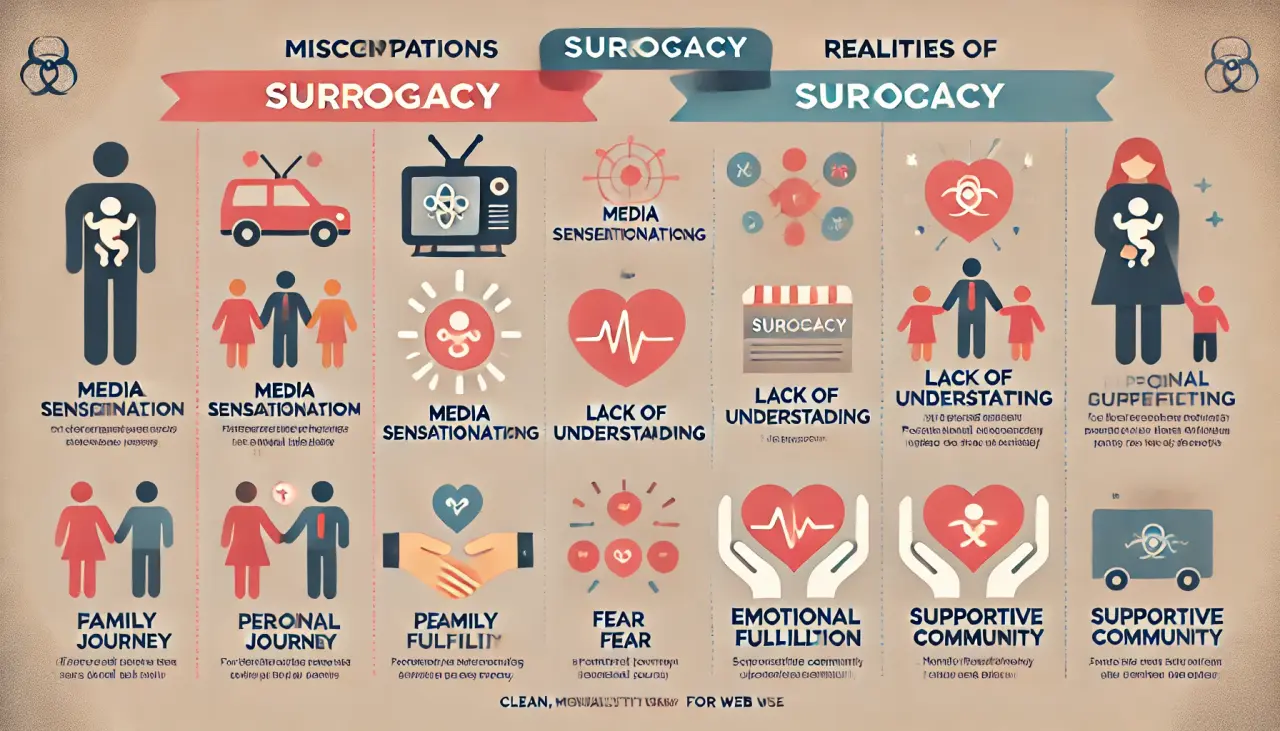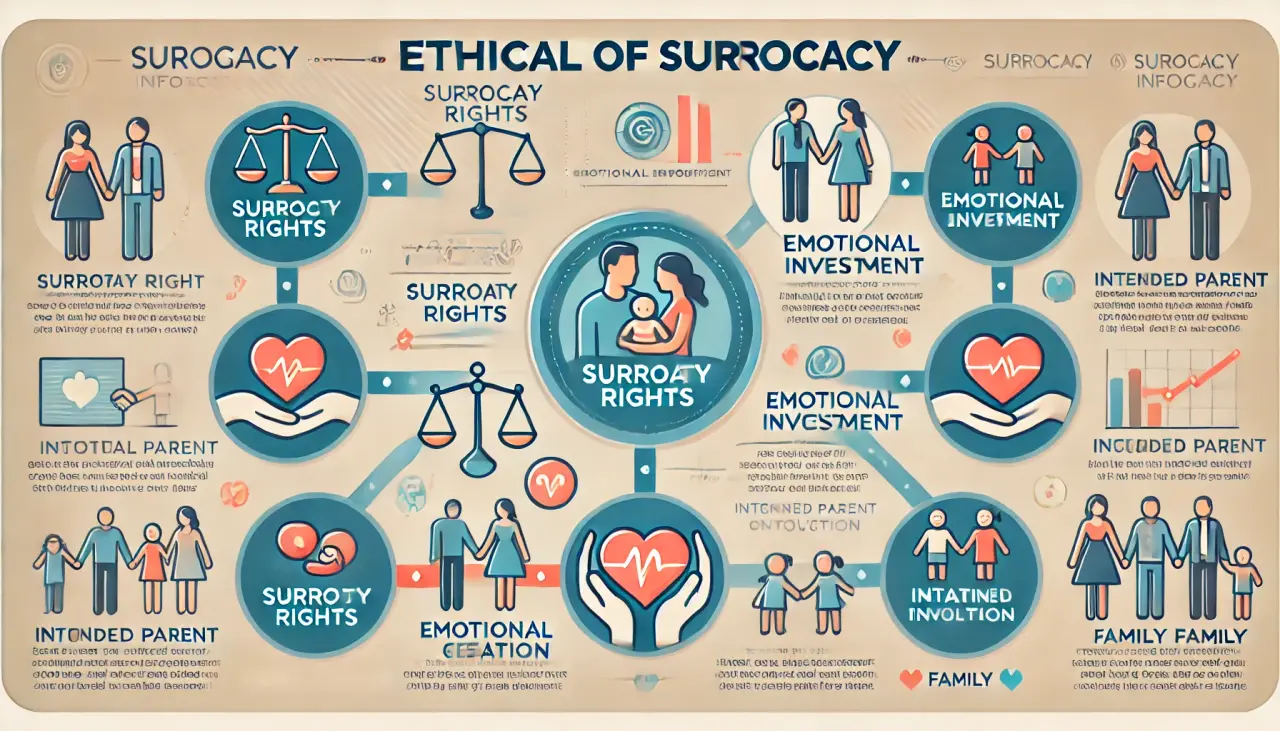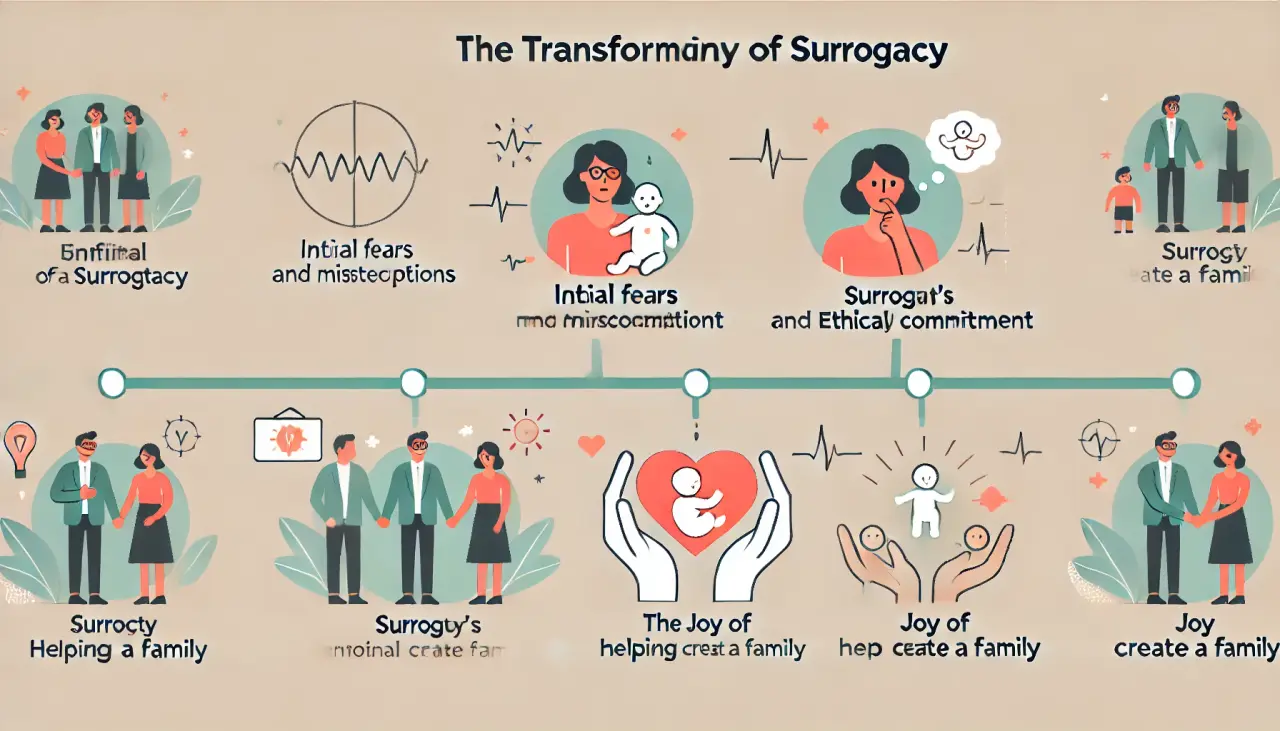
Why Do Some People Complain About Surrogacy? Ethical Issues and Surrogacy Complaints Explained
Many people complain about surrogacy because they’ve never been through it themselves, don’t understand it, or have been influenced by Hollywood’s dramatized and skewed portrayal. Unfortunately, this creates misconceptions about surrogacy, especially when considering the ethical issues in surrogacy that may arise.
Infertility affects 1 in 6 couples. Of those, some will turn to adoption, while others will choose surrogacy to become parents. However, despite media coverage from celebrities like Kelsey Grammar and Elizabeth Banks, surrogacy is not widely practiced among the general public. At any given time in Canada, only between 50 and 100 women are pregnant as surrogates for others. While the media may sensationalize surrogacy, the reality is that it is still a rare and deeply personal journey.

I personally understand the pain of infertility. It’s a heartbreaking and isolating experience, and it’s often met with unintentional ostracism by friends and family. I was diagnosed as infertile, and at that time, I had no knowledge of surrogacy. My initial impression of surrogacy was influenced by fear and misunderstanding, picturing a woman living in my home, giving birth, and somehow passing off the baby as my own. Over time, my views shifted drastically.
When I later became pregnant, I realized the miracle I carried and came to understand the complexities of surrogacy. It wasn’t just about carrying a baby for someone else; it was about supporting another family through a deeply personal, emotional process. I carried 5 babies for others and came to see surrogacy not just as a medical procedure but as an emotional and ethical commitment that deeply affects both surrogate mothers and the intended parents.

The experience also revealed some of the ethical dilemmas in surrogacy that often go unnoticed. Some professionals tend to downplay the emotional and ethical responsibilities of surrogacy, focusing only on the medical and logistical side. This lack of consideration can lead to feelings of hostility and frustration for all parties involved, as the surrogate mother becomes increasingly invested in the outcome of the pregnancy. It’s not just about pregnancy; it’s about being part of a journey that changes the lives of everyone involved.
Despite the complexities, those who have participated in surrogacy know how transformative and fulfilling it can be. The joy of witnessing a couple meet their child for the first time is an indescribable miracle that can only be truly understood by those who have experienced it.
Why do some people complain about surrogacy? Because they haven’t experienced the profound emotional, physical, and ethical journey it entails. They haven’t seen the transformation that happens when a surrogate helps make a family complete, and they haven’t felt the overwhelming joy of giving someone the gift of life. Those who complain often lack the understanding and empathy required to truly appreciate the ethics of surrogacy and the miracles it creates.